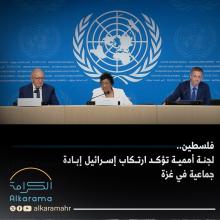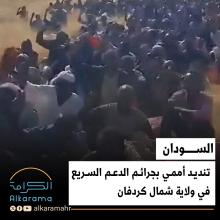The right to life is enshrined in both article 3 of the Universal Declaration of Human Rights (UDHR) and article 6 of the International Covenant on Civil and Political Rights (ICCPR). Exceptional circumstances including a state of war or threat of war, internal political instability or any other public emergency, may not be invoked as a justification of extrajudicial, summary or arbitrary executions, which amount to violations of the right to life.
An “extrajudicial” execution refers to killings committed by the State authorities outside the judicial or legal process. A “summary” execution is the instantaneous deprivation of life as a result of a sentence imposed by the means of a summary procedure, in which the due process guarantees are not respected. An “arbitrary” execution results from the killing of persons by the order of a government or with its complicity, tolerance or acquiescence, without any judicial or legal process.
Since its establishment, Alkarama has raised hundreds of cases to the United Nations Special Rapporteur on Extrajudicial, Summary or Arbitrary Executions (SR SUMX) in different situations involving violations of the right to life. These include victims sentenced to capital punishment following an unfair trial; deaths in custody due to excessive use of force by law enforcement officials or in the context of attacks by States' security forces; as well as cases of violations of the right to life in armed conflict.












